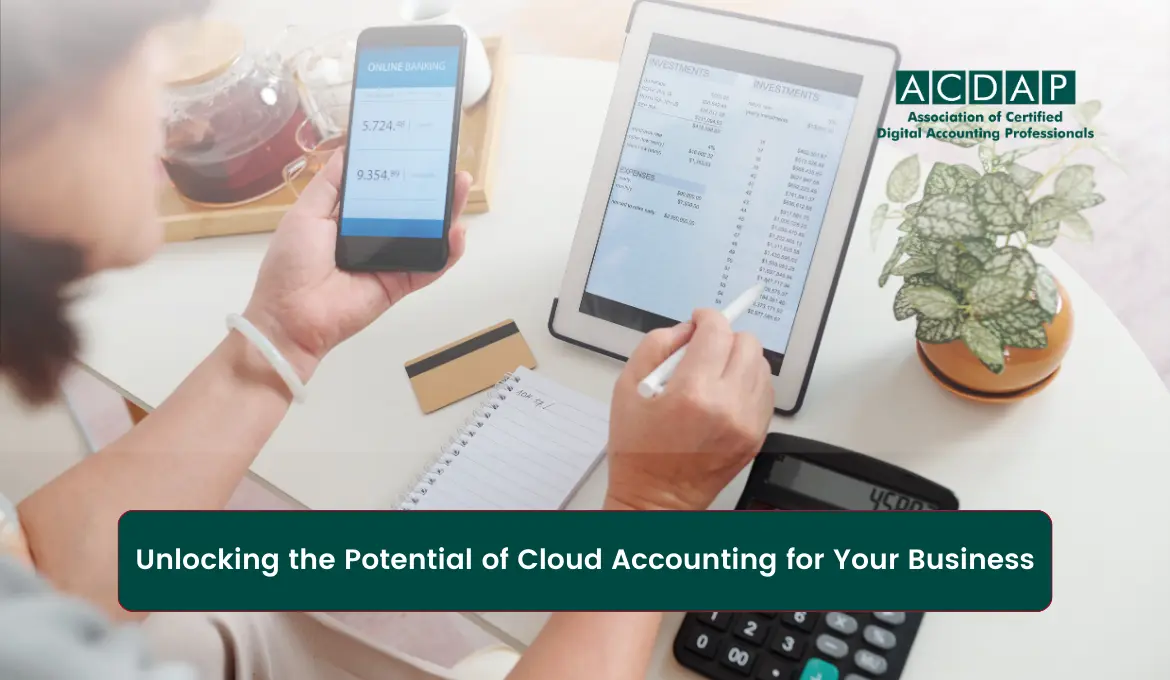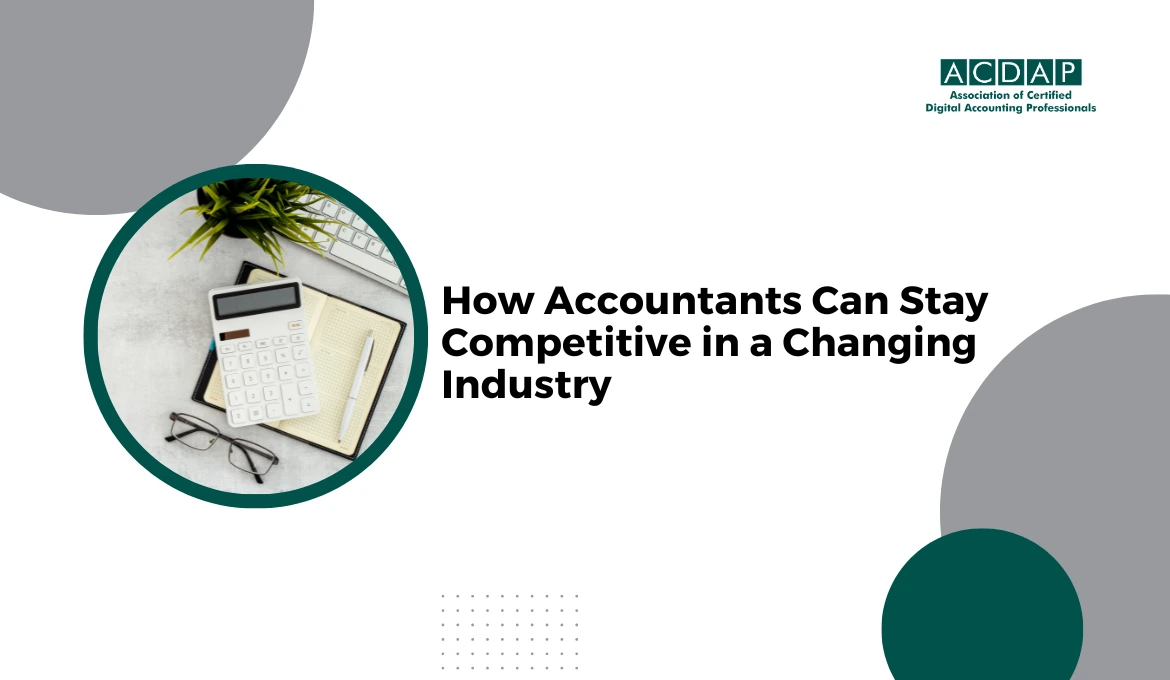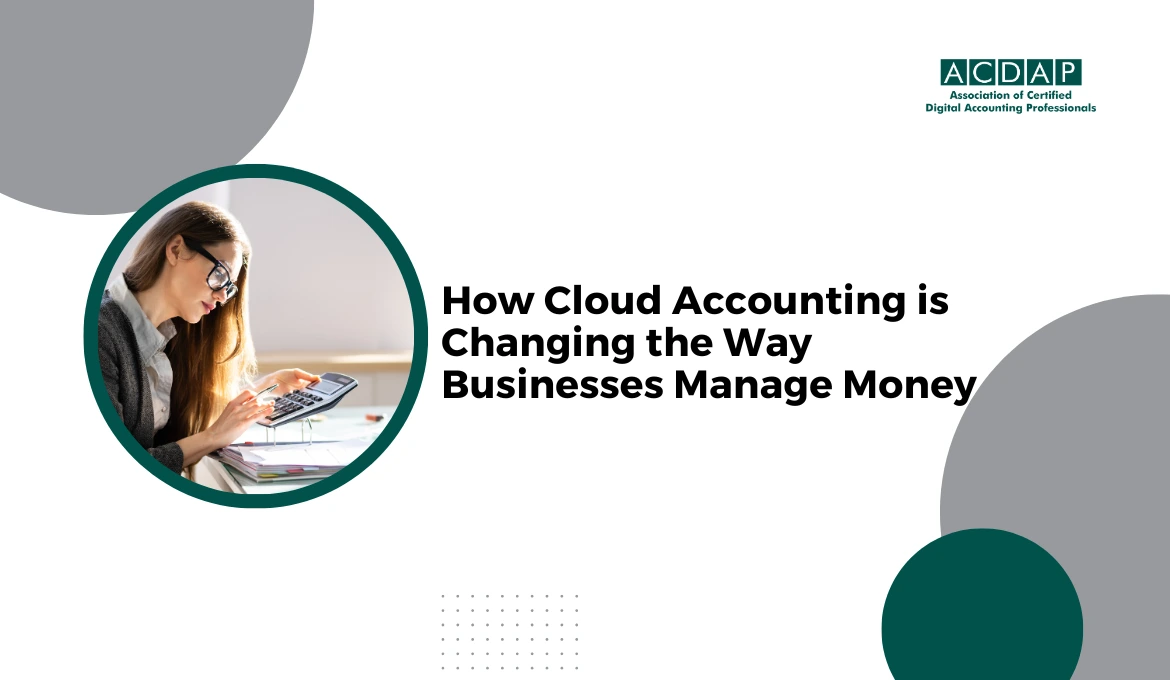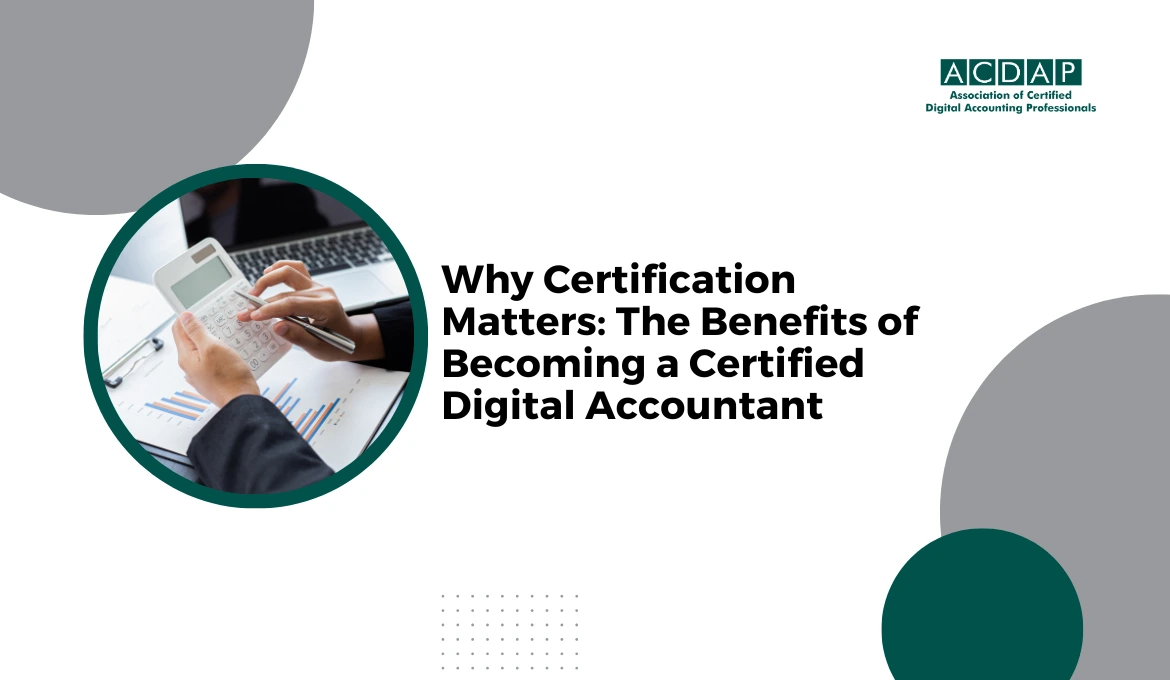In today's fast-paced business world, adaptability is critical to success. As technology evolves, so do the tools that businesses use to manage their financial processes.
Cloud accounting is a prime example of this evolution, offering many opportunities to streamline operations, improve collaboration, and enhance overall financial management.
This blog will explain the benefits of Cloud accounting and why it's becoming a game-changer for modern businesses.
Understanding Cloud Accounting
Before delving into its benefits, let's clarify what Cloud accounting is. It involves using internet-based software to perform accounting functions traditionally carried out on a local computer or server-based accounting system.
How does cloud accounting work?
- Accessibility: With an internet connection, you can access your financial information and data from anywhere. This feature is invaluable for businesses with multiple locations, remote employees, or individuals who need to check their financial data on the go.
- Collaboration: Cloud accounting allows multiple users to work simultaneously on financial data. This boosts collaboration and keeps everyone on the same page.
- Security: Data is safely stored in the Cloud, making it resistant to on-site issues like data loss due to hardware failure or theft. Reputable cloud accounting providers implement robust security measures to protect your financial information.
- Automatic Updates: The provider handles Software updates, ensuring that you're working with the latest version and maintaining compliance with tax regulations.
- Cost-Efficiency: Cloud accounting generally has a subscription-based pricing model, eliminating the need for expensive upfront purchases and providing predictable costs.
Now that we understand the basics let's discuss the advantages of adopting cloud accounting for your business.
Real-Time Data Access
Cloud accounting helps you access your financial data in real time, giving you a correct snapshot of your business's financial health whenever needed. This is invaluable for making timely decisions.
Enhanced Collaboration
In real-time, you can collaborate with your accountant or financial team with Cloud accounting. You can share data, reports, and updates seamlessly, which is especially beneficial if you have a distributed team.
Scalability
Cloud accounting can grow with your business, whether a small startup or a large corporation. As you grow, you can easily adjust the features and capacity you need to suit your current size and scale.
Reduced IT Overhead
Traditional accounting systems often require significant IT infrastructure and support. The provider handles updates, maintenance, and data security with cloud accounting, reducing your IT overhead.
Data Security
Reputable cloud accounting providers use advanced encryption and security measures to protect your data. This often surpasses the security of on-site systems, which can be susceptible to physical threats.
Improved Compliance
Cloud accounting software is frequently updated to ensure compliance with ever-changing tax and financial regulations, reducing the risk of non-compliance issues.
Cost Savings
By eliminating the need for extensive on-site IT infrastructure and maintenance, cloud accounting can lead to significant cost savings. Additionally, the subscription-based model often results in lower upfront costs.
Disaster Recovery
Data stored in the Cloud is not susceptible to local disasters like fire or flood. Cloud accounting providers typically have robust disaster recovery plans in place.
Conclusion
In an increasingly digital and interconnected world, cloud accounting is more than just a tool – it's a strategy for success. By providing real-time data access, enhancing collaboration, offering scalability, and improving data security, cloud accounting equips businesses to make informed decisions and embrace changing financial landscapes.
Whether you're a small business, a rapidly growing startup, or a large enterprise, cloud accounting can unlock your full financial potential and help you secure a brighter financial future.


























